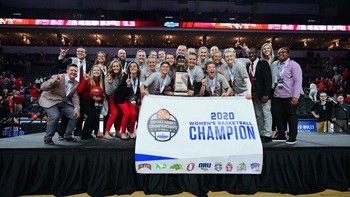Book by Disaster Expert Teaches How to Care for Others
After the April 2015 temblor that killed more than 8,000 people and injured countless more, the American Psychological Association (APA) called in Gerard Jacobs, Ph.D., professor of psychology and director of the Disaster Mental Health Institute at USD. He has responded to numerous global disasters, including the 2001 attack on the World Trade Center and the 2005 tsunami in Southeast Asia.
For the earthquake response, Jacobs and an associate in India worked with the World Health Organization and the United Nations to correspond with a committee of psychologists in Nepal. After months of preparation, they and other colleagues assembled in Nepal last November and certified 27 psychologists as trainers in what’s called community-based psychological first aid. Those psychologists then trained people throughout the country who help each other cope with the disaster.
“It was a real collaboration with the local people who worked with us to help us design the training and decided what they needed,” Jacobs said.
He first came across the concept in the mid-1990s while developing a psychological support strategy for the International Federation of Red Cross and Red Crescent Societies. Jacobs was so impressed with the model, first used in Denmark, that he and the Red Cross chose the approach to help developing countries that were just beginning to set up a system of psychological support.
Since then, Jacobs has trained groups and individuals on the concept in more than 30 countries. His new book, available on pre-order, “Community-Based Psychological First Aid: A Practical Guide to Helping Individuals and Communities during Difficult Times,” outlines the approach and is aimed toward a general audience.
“It’s a handbook for any group or individual that wants to learn how to take care of one another,” Jacobs said. “It could be a family member or friend who wants to learn how to support a person going through a personal trauma or someone who has suffered a sexual or physical assault.”
The goal of the approach is to create stronger, more resilient communities, Jacobs said. “The basic idea is to help individuals know how to support one another -- their neighbors, their friends and their colleagues.”


